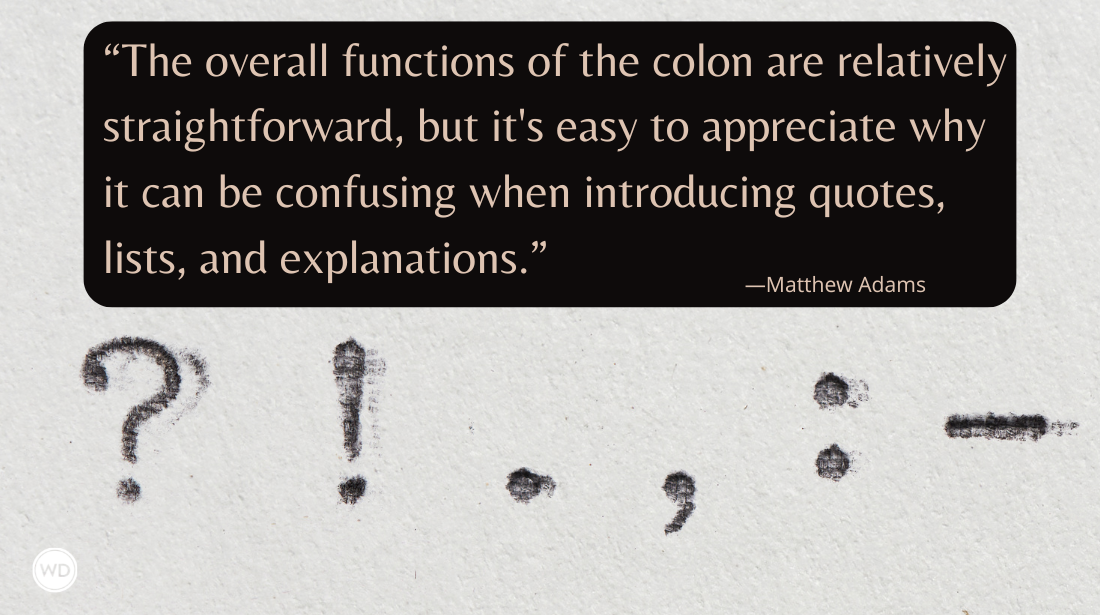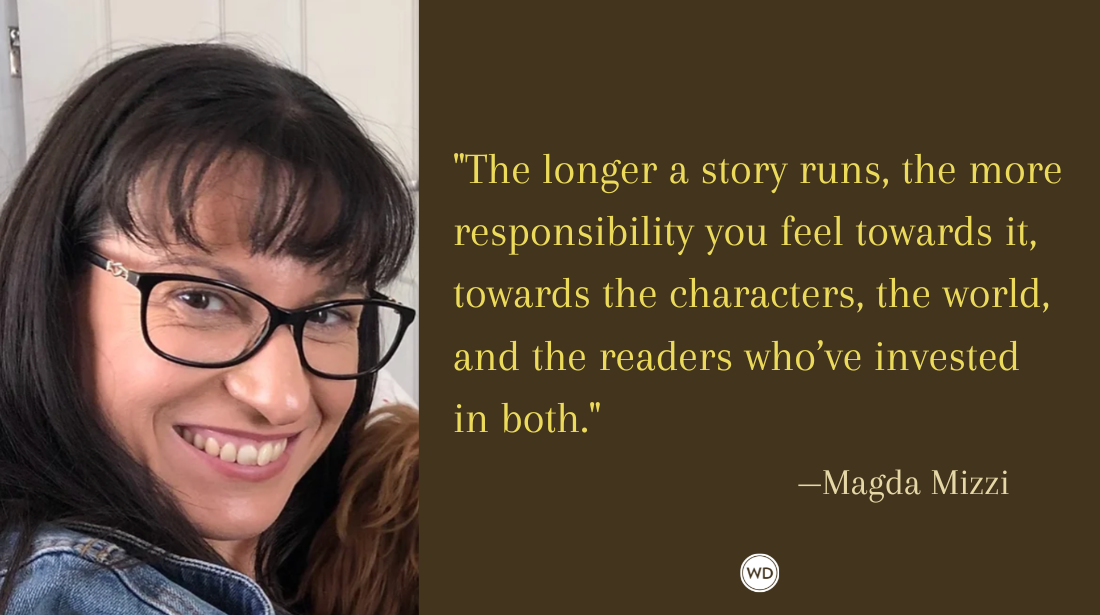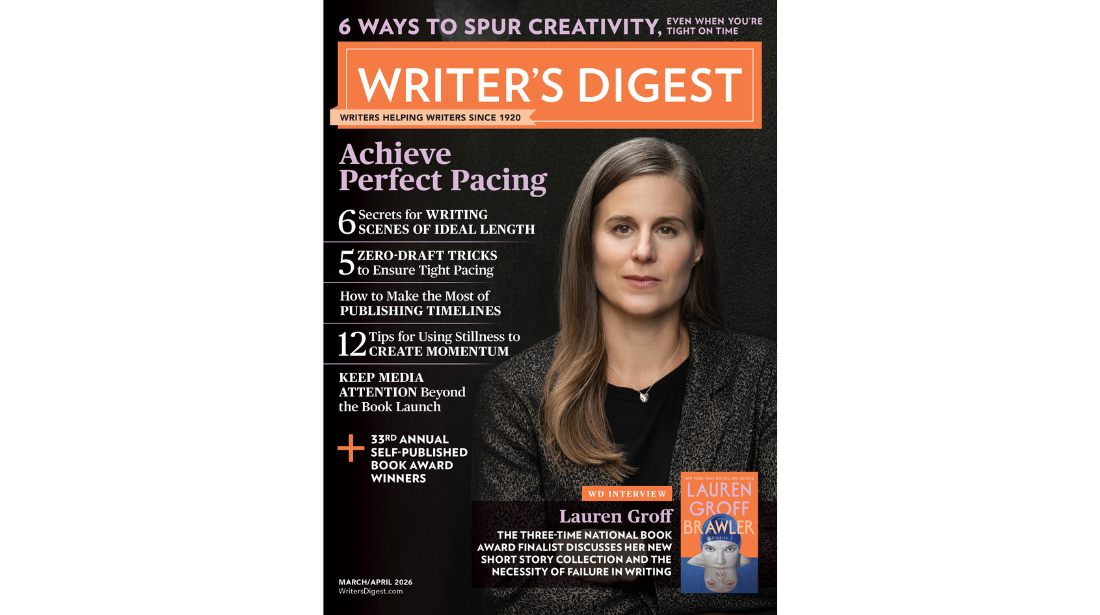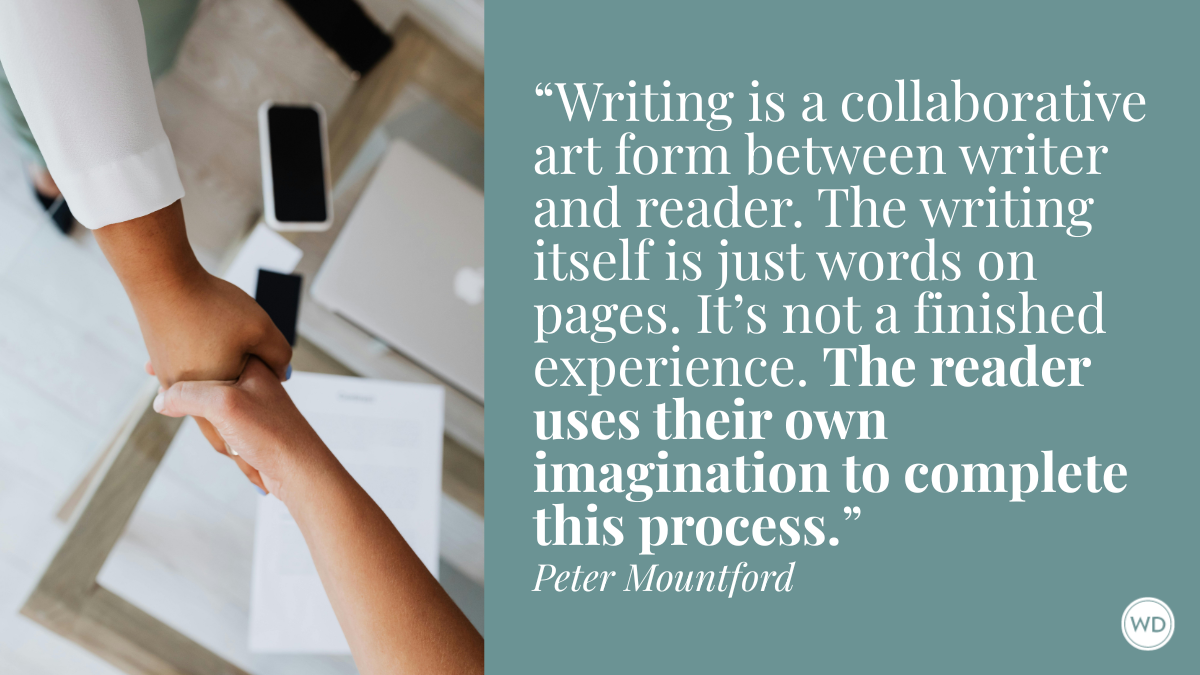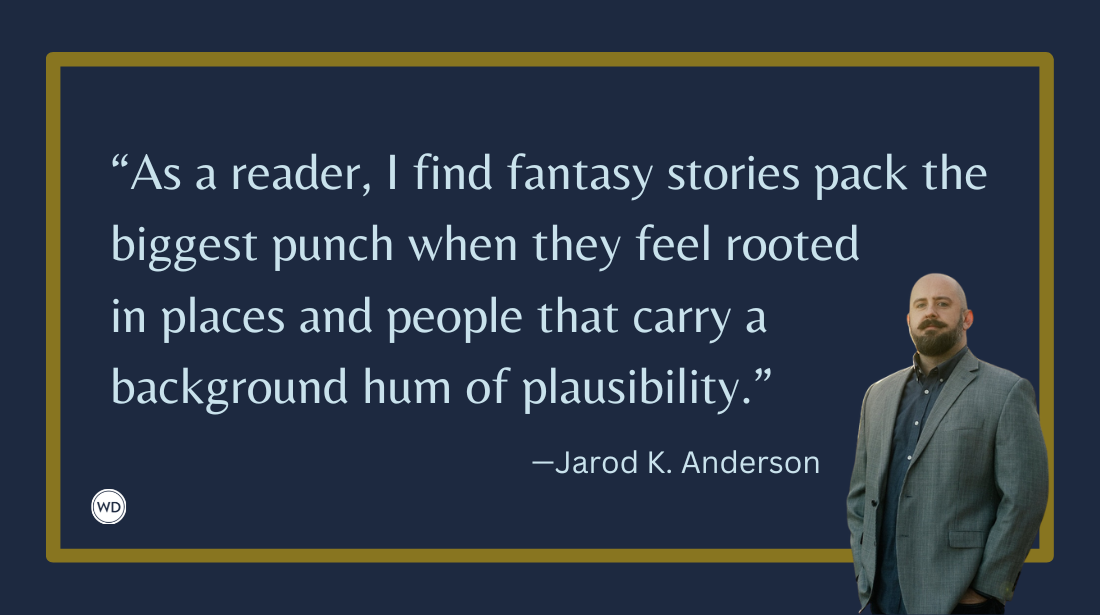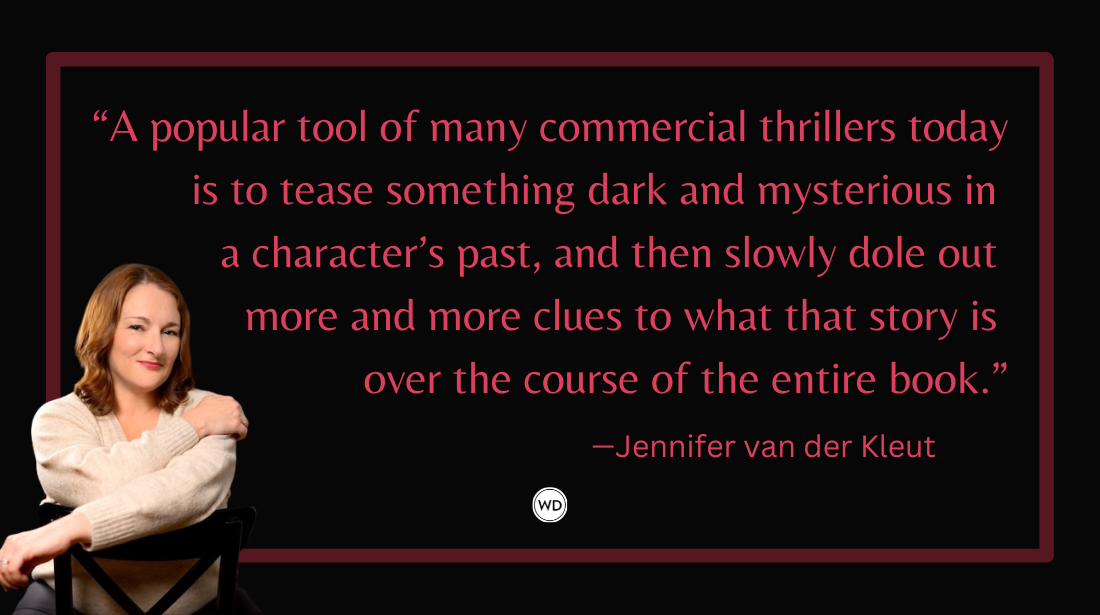From Fact to Fiction: Making the Leap From Crime Reporter to Crime Novelist
Making the switch from being a crime reporter to writing crime fiction involved what I’d call a movement “from the outer to the inner.” As a journalist, I was out…
Making the switch from being a crime reporter to writing crime fiction involved what I’d call a movement “from the outer to the inner.”
As a journalist, I was out in the world—asking questions, chasing facts. On some days, I stood outside courtrooms, furiously scribbling quotes. Other days, I knocked on doors hoping the next of kin would give me a comment. I once trailed a probation officer making surprise home visits. Sometimes I went to the city morgue, and sometimes the state prison. I listened to victims, suspects, cops, attorneys, and mothers who would never again see their sons. And always—always—the job was to get the facts. A reporter, especially on the crime beat, lives by verification. No speculation. No filling in emotional blanks. It wasn’t my job to interpret a suspect’s expression or wonder what a mother whispered at her child’s grave. If I didn’t hear it, see it, or record it, it didn’t go in the story.
As a novelist, the work is very different. I am free to focus on the inner life—and to use my imagination. Instead of seeking only the facts, instead of asking for a quote to capture what a person feels, I can step directly into another’s point of view and imagine what this person might be feeling right now. This power of the imagination—which makes empathy possible—is exhilarating, and deeply humanizing. In a certain sense, the craft of writing fiction is similar to what many actors say about their craft: The goal isn’t to perform a character but to inhabit them—to discover what it feels like to live inside another skin. That’s what fiction allows. It’s not about impersonation; it’s about immersion. And when it works, you’re no longer inventing a life—you’re listening to it.
I still recall the moment many years ago in my journalism career when this distinction between the factual world of the journalist and the imaginative world of the novelist became painfully clear. I was interviewing Richard M. Daley, then mayor of Chicago, about his approach to crime. His father, who had served as mayor for 21 consecutive years, had been a famous “machine politician” known for his blatant practice of patronage and exchange of favors. As if to distance himself from his father’s legacy, the younger Daley had recently hired a team of squeaky-clean lawyers from elite schools to serve as city attorneys. The interview generated a successful article, but one detail that intrigued me never made it into print. The entire time we talked, the mayor was compulsively chewing gum—one piece after another, discarding each after only a minute or two. He went through an entire pack during our conversation. I never asked him about it because it wasn’t relevant to the article. But I couldn’t stop wondering—was this gum-chewing a nervous habit? A coping mechanism? Something entirely mundane like a bad taste in your mouth? That’s the kind of question journalism doesn’t always have room for, but fiction does.
The novelist can embrace ambiguity, follow an emotional thread even when it leads somewhere uncomfortable. But this is important: The gears shift in both directions. I’ve been writing fiction now for many years, and the more time I spend in the inner world, the more fascinated I am with the outer realities of life—the forces beyond our control that shape how we feel and what we do. Ultimately, the interplay between inner and outer is what fuels a story.
For me, the switch from “crime journalist” to “crime novelist” also contains an important common thread: moral inquiry. What happened, who’s innocent, who’s guilty? Answering these questions is the heart of the crime reporter’s task. Similarly, the novelist can ask: to what extent does a crime stain not just the perpetrator, but the whole of society? In this way, I see crime fiction as a genre not just of suspense, but of moral inquiry. Many crime novels focus on the procedural—the forensics, the clues, the pursuit of justice as a linear path. But, for me, crime fiction is not merely about solving a mystery; it is about reckoning with what crime does to the human soul. A crime is a rupture, a wound in the moral order. I want to push the genre’s boundaries, to tell stories where crime is not only a puzzle to be solved, but a crucible that reshapes those who encounter it. Rather than focusing primarily on solving crimes, I want to confront the psychological and moral consequences of those crimes. To me, crime fiction is not only about bringing wrongdoers to justice but about understanding the cost of justice itself and the ways it changes those who seek it.
My new novel, The Meaning of the Murder, takes up this goal. The novel’s title comes from Viktor Frankl’s Man’s Search for Meaning. Frankl, who survived Auschwitz, published the book in 1946. I first read it in college, returned to it after 9/11, and again during the pandemic. Each time, it struck a deeper chord. The popular takeaway is that meaning can be found even in the face of suffering. But what moves me most is Frankl’s more subtle insight: We shouldn’t ask what the meaning of life is—we should recognize that life is asking us. Meaning isn’t something abstract to be discovered; it’s something we answer for. It’s personal, situational, and inescapably moral. Our lives, Frankl writes, are questions to which we must respond.
The Meaning of the Murder tells the story of ordinary people who get unwittingly caught up in the global war on terror. The father of a modern orthodox Jewish family works as a compliance officer at a bank in New York. When he discovers that his bank is violating OFAC laws and funding terrorists in the Middle East, he alerts the bank’s top brass. They ignore him. After struggling with the conflict between his position as a fully assimilated member of his professional community and his moral obligations as a man and a Jew, he turns whistle-blower and goes to the DOJ. The night before his deposition he disappears, leaving behind a wife and three daughters.
Writing this book very much combined being a “journalist” and a “novelist,” because the story delves deeply into the external world of fighting terror in its current geopolitical backdrop. But the novel is ultimately intimate. It’s an exploration of love: between a father and a daughter, between sisters bound together by loss, and between a husband and wife trying to hold on to each other in the face of fear and doubt. As these people struggle to make sense of what happened, they are each, in their own way, trying to make meaning. For each, the meaning of the murder is different. That, for me, is the core of the book: Meaning is shaped not only by what happens, but by who we are and how we respond.
Journalists, of course, can explore these questions of meaning, and good journalists do. So I don’t want to overstate the difference between being a crime reporter and writing crime fiction. In the end, it doesn’t matter whether you’re chasing facts or following your imagination. What matters is the seriousness with which you take the craft—and the quiet, persistent struggle to write something that’s honest and well made.
Check out Walter B. Levis' The Meaning of the Murder here:
(WD uses affiliate links.)




